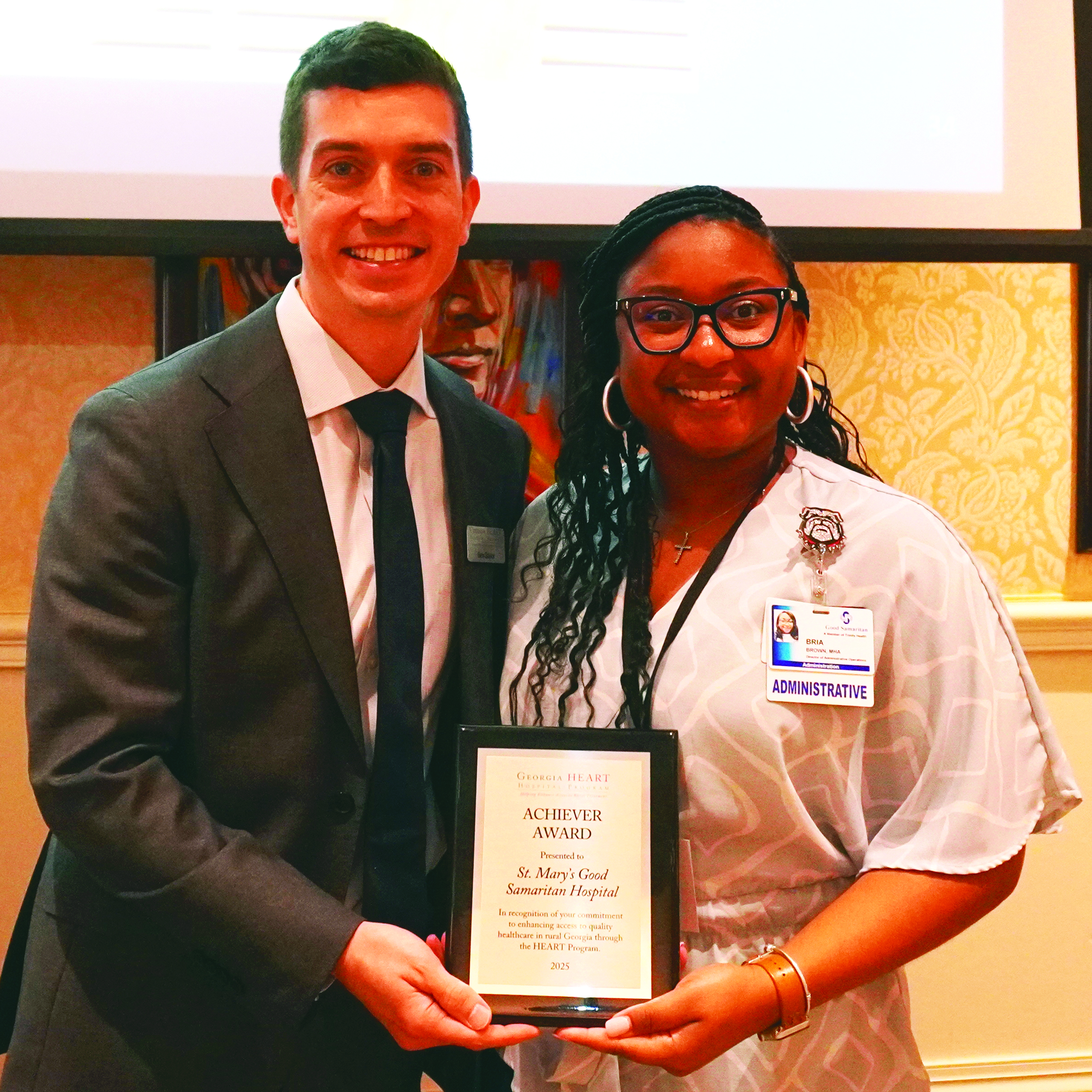Think critically while reading about studies in the news
Published 7:50 am Thursday, August 1, 2013
Recently in the news there were headlines stating “Fish oil supplements linked to prostate cancer” (Health News) and “Men who take omega-3 supplements at 71 percent higher risk of prostate cancer” (NY Daily News). There is no doubt the media likes to sensationalize, and since this seemed a little “fishy” to me, I decided to take a closer look at the study from which these conclusions were drawn.
The study was published in the July 2013 issue of the “Journal of the American Cancer Institute” and was based on data collected from participants in the Prostate Cancer Prevention Trial from 1994-2003. There were 2,227 men involved in the study, 38 percent of which had prostate cancer. The study concluded that men who consumed the largest amount of fish oil have a 71 percent higher risk of prostate cancer (high-grade) and a 43 percent increase in all types of prostate cancer. It’s important to note, however, that the authors of this study did not assess whether or not participants were eating any fish or taking any omega-3 supplements. Rather, they looked at a single blood test and found an elevated omega-3 level in the men with prostate cancer.
Medical Director at Thorne Research, Bob Roundtree, points out another “oversight” not mentioned in the news: there were several risk factors among the participants that could have affected the outcome of the study.
Four major points that were not discussed were:
- 53 percent of the subjects with prostate cancer were smokers.
- 64 percent of the subjects regularly consumed alcohol.
- 30 percent of the subjects had at least one first-degree relative with prostate cancer.
- 80 percent of the subjects were overweight or obese.
When I think of studies being done, I think of control groups and multiple, reproducible experiments that help the researchers come to valid conclusions. What is shocking with this “study” is that there were NO experiments, only observations.
In fact, this particular “observational” study goes against a large body of legitimate research that has proven the many health benefits of fish oil and omega-3.
The list of benefits includes: reducing inflammation, heart disease, cholesterol, and triglycerides, lowering blood pressure, reducing atherosclerosis and lowering the risk of stroke, as well as helping depression, ADHD, Alzheimer’s and dementia.
There are also numerous studies that have shown fish oil consumption can actually help reduce the risk of cancer.
Some of the best ways to increase omega-3 fatty acids in your diet is by eating wild caught, cold water fish such as salmon, halibut, tuna and sardines. Other animal sources include grass fed beef, lamb, venison and free-range eggs. Plant-based sources include nuts and seeds such as chia seed, flax seed, walnuts and almonds.
Taking a fish oil supplement can also be beneficial. You should be very particular when choosing a fish oil, however, as many can be rancid. A simple way to test the quality of your fish oil is to open the capsule and simply smell the oil. If the oil smells fishy, it is probably rancid and something you don’t want to take. (This is the same principle that should be used when buying fish. We don’t want to buy fish that smells fishy, because that means the fish is spoiled.) Another simple test you can do with a fish oil capsule is to put it in the freezer. If the liquid inside the capsule freezes, it typically means it is not a high-quality fish oil and should be avoided. The oil of fish that swim in cold water does not freeze, or the fish would die!
Another thought to keep in mind when taking a fish oil supplement is the simple principle of moderation. In America, we tend to think more is always better. There are many different views on fish oil supplementation, with some people saying we should take up to 3 grams or more a day. Taking a mega-dose can create an imbalance in your body, weaken your immune system and cause much more harm than good. A supplementary dose of no more than 1,000 mg per day works well for most people.
Be careful when reading headlines about the latest medical “studies.” Sometimes it’s necessary to dig deeper in order to separate fact from fiction.
Fish is an important part of a well-rounded, healthy diet. It helps provide the omega-3s our bodies need for optimal health, and the research clearly shows there is nothing fishy about that.
Dr. Ramona Warren can be reached at Pathways to Healing, 706-454-2040.





